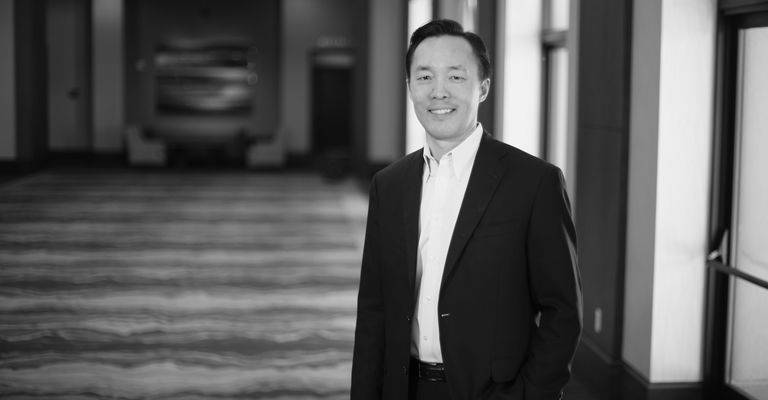News
Court ruling highlights challenges in proving inequitable conduct for revived patents
May 10, 2024BCLP Partners George Chen, Cory Smith and Associate Ellen Komlos co-authored an article in Law360 regarding a recent decision in the U.S. Court of Appeals for the Federal Circuit examining how inequitable conduct can impact patent enforcement— focusing on representations made to the U.S. Patent and Trademark Office (USPTO).
The authors called attention to Freshub v. Amazon Inc., highlighting the challenges of proving deceptive intent for inequitable conduct, even after a five-year abandonment period before revival. The court emphasized the need to consider both the beliefs of counsel and the client’s intent regarding the acts forming the basis of the inequitable conduct claim.
In Freshub, the USPTO revived a previously abandoned parent application, leading to patent infringement claims by Freshub against Amazon. The court ruled in favor of Freshub, stating that Amazon failed to demonstrate deceptive intent by Freshub or its counsel during the revival process. The court’s decision is significant not only for abandonment scenarios, but also for broader inequitable conduct claims related to withheld prior art and misrepresentations during prosecution— underscoring the importance of strategic evidence gathering, understanding attorney-client privilege limitations, and carefully considering language in patent-related agreements.
Related Capabilities
-
Intellectual Property & Technology Disputes
-
Patents: Litigation
-
Litigation & Dispute Resolution





